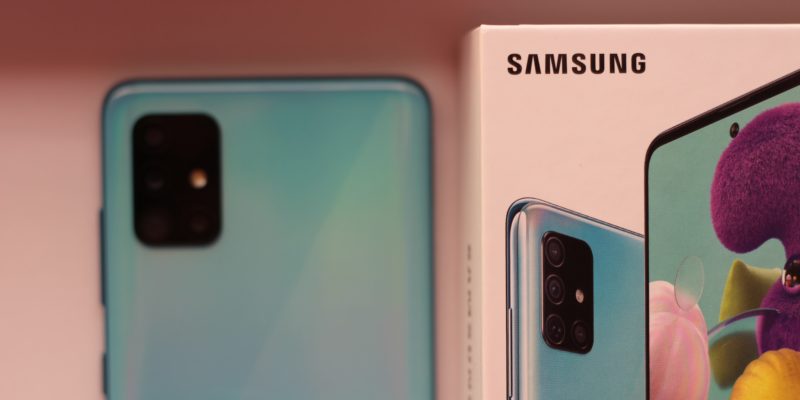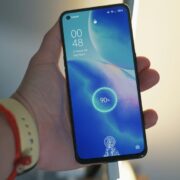Upgrading to a new phone? Helping someone select their first-ever phone? With countless options available and new models releasing regularly, selecting the best phone can be an overwhelming experience. The choice can be an extremely tough one to make especially when you don’t know what you are looking for in a phone. From features to carriers, we’ve covered all the information you need to help you narrow down your selections. Take a look.
Features
What are the features that you require your phone to have? Do you need a phone with good battery life? Do you need a large screen? Are you looking for a good camera phone? List down the most important features that you need on your smartphone. Then, use that list to compare options in the market, while ensuring your selection ticks all the boxes.
OS
The top two phone operating systems worth considering are iOS and Android. The widely used OS is Android because it is built into a wider range of devices that are offered at affordable prices. If you already have other Apple products like a Macbook or an iPad, then iOS is the best choice for you. Although both operating systems are easy to use, there are certain functions that you need to get accustomed to. So, when selecting a phone, select a platform that you’re most comfortable using.
Specifications
It’s important to have hands-on experience with a different smartphone before you make a final purchase. If you’re buying a phone for the first time and don’t know much about phone specifications, there here’s a list of things to consider:
- Design: It’s essential to have a phone that looks and feels good. Phones these days come in various designs. Therefore, you need to test and try a phone to see if you’re comfortable using it.
- Screen: Make sure your phone screen is of a good size and has a high resolution.
- Performance: The performance of your phone is determined by two things – the processor and the RAM. The newer the processor, the faster your phone will be. The recommended RAM size for an Android phone is 4GB, while iPhones don’t require as much because of their distinct memory management capabilities.
- Battery life: Phones these days do not come with removable batteries, so it’s important to check how long a phone’s battery lasts. The mAh rating gives you an indication of its capacity.
- Storage: Many phones are available with built-in storage. A minimum of 32GB storage space is recommended. However, the requirement depends upon your usage of the phone. A MicroSD slot allows you to expand your storage space for cheap.
- Camera: Smartphone cameras have significantly improved over the years. They offer a lot more than just high megapixels. If that is the main feature you’re looking for in a phone, do test the camera quality yourself and check reviews before making a purchase.
- Bloatware: Beware of superfluous apps added on your phones by carriers and manufacturers, as these cannot be deleted. Android phones usually have such bloatware or hobbled features.
- Durability: Most budget phones come with some water-resistance and if you’re prone to dropping your phone often make sure to buy a protective case.
Wireless Carrier
In order to have a strong and stable signal, it’s important to select a carrier that offers great coverage. If you plan to buy your phone from your carrier along with the service, check if they have the type of phone that you want. Buying an unlocked phone will be cheaper and it will give you the freedom to change your carrier in the future.























Comments